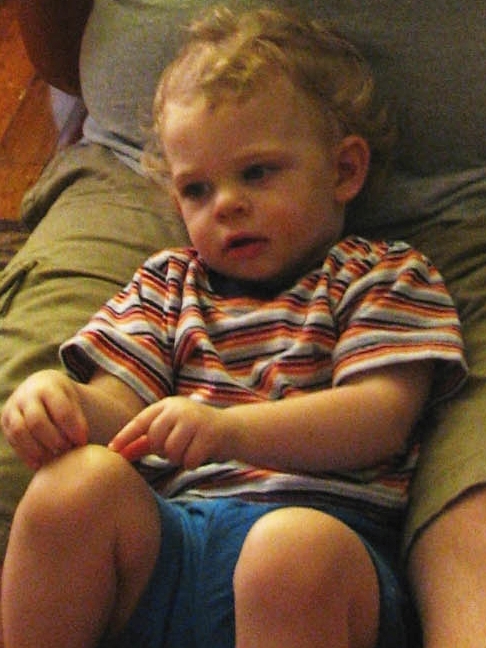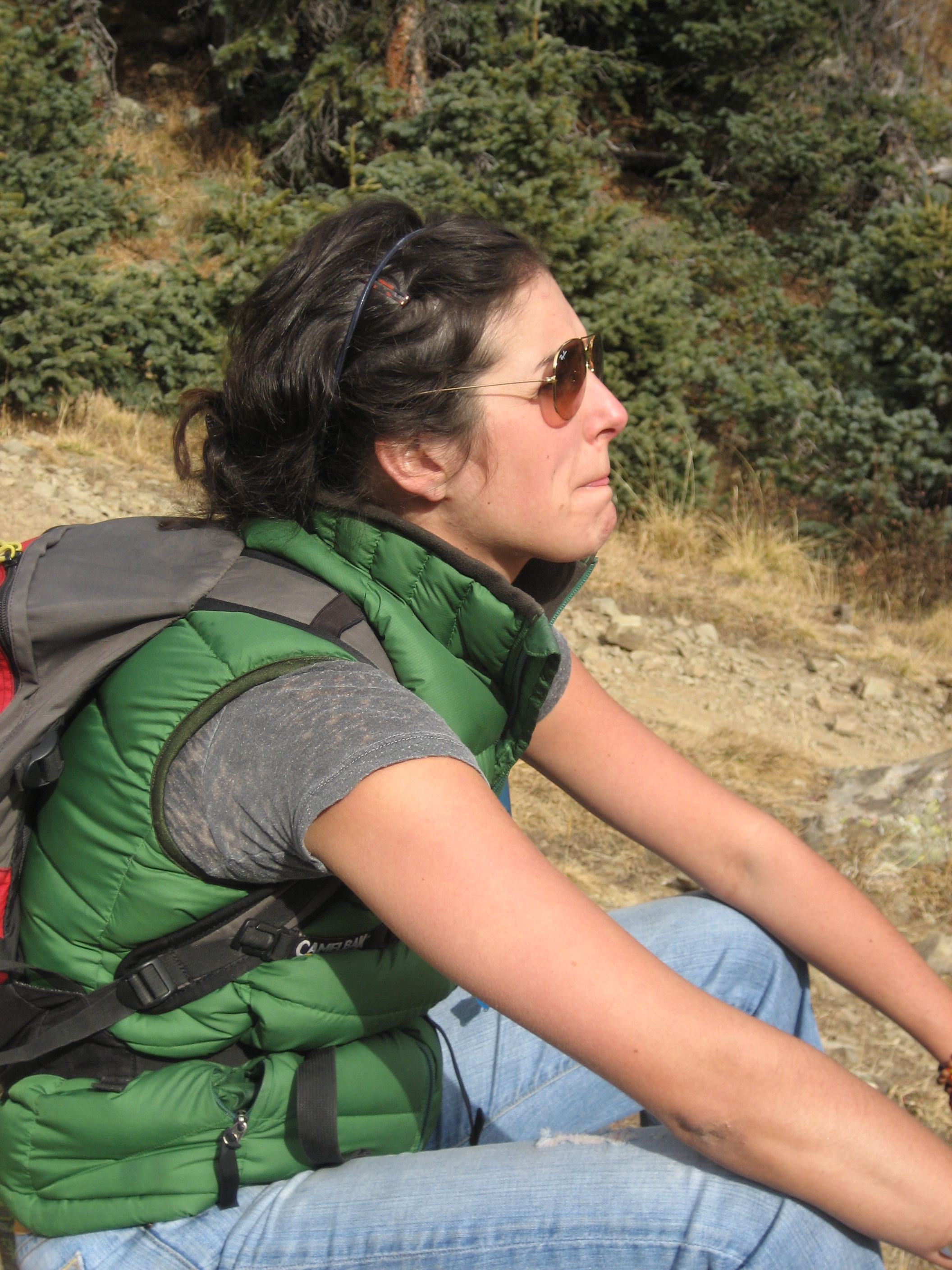View to a New Mythology
Tom Sturch
 “We become what we behold. We shape our tools, and thereafter our tools shape us.”
—Marshall McLuhan
“We become what we behold. We shape our tools, and thereafter our tools shape us.”
—Marshall McLuhan
Our views on the world are framed for us by myth. This is how it should be. Mythologies imagine the ancestry of humankind and give us frames of reference for origins, values, relationships and more. They're our points of departure for everything we are. But mythologies in a world of science and certainty are hard to come by or keep. But we need them, so modern myth-makers, from gadget companies to masters of cuisine to politicos to religions, fill in the blanks for us. Their modern mythologies suggest that we are the royals of our own realms. That we can live our ideal. That life can be stable, comfortable and happily unconsidered. And even though our world is a big round ball, the arcing horizon is a safe, convenient limit. So we can exist in circles of norms, majority's rule, the way we do. How we roll. We may play, learn and work in a consistency of comfort while the rest of the world, the suffering world, is disclosed only at our pleasure. And how we see the difference, say, between Somalia and Sonoma, or Damascus and Notre Dame, or Nepal and Manhattan, is through the soaring windows of our mythological frameworks.
Roland Barthes was a semiologist and philosopher and wrote an important book in the 1950's, The Eiffel Tower and Other Mythologies. One of the essays in that book, “The Eiffel Tower.” articulated a modern intellectualist view of the world. And though it was written sixty years ago, it sounds startlingly familiar. Here is an excerpt:
The Eiffel Tower is a comfortable object, and moreover, it is in this that it is an object either very old (analogous, for instance, to the ancient Circus) or very modern (analogous to certain American institutions such as the drive-in movie, in which one can simultaneously enjoy the film, the car, the food, and the freshness of the night air). Further by affording its visitor a whole polyphony of pleasures, from technological wonder to haute cuisine, including the panorama, the Tower ultimately reunites with the essential function of all major human sites: autarchy; the Tower can live on itself: one can dream there, eat there, observe there, understand there, marvel there, shop there; as on an ocean liner (another mythic object that sets children dreaming), one can feel oneself cut off from the world and yet the owner of a world.
The tower's metaphor translates to many others: the Tower of Babel and the World Trade Center come to mind of course. But how about soaring personalities: celebrities and politicians, authors, directors and artists we look up to? Don't we enjoy seeing ourselves in their light? And if it's true, that these mythologies make us, then how can we parse the popular Christian paraphrase, in but not of?
The remedy is to come down from our high places, submit to a kind of disembodiment, or dislocate from our self-enlightened sources, and re-imagine life in relationships, in difficulty, in the pain and grief, and every now and then, in fulfillment. Jesus' first sermon tells us to attend everything in a mythology of his humiliation: the divine come to earth; the crown laid aside; the architect become servant.
In a story told in all four gospels, Peter, James and John wanted to live on the mountain where Jesus was transfigured. They wanted to build booths, or small houses, to contain and persist in the bright sensations of their mountaintop experiences. On the way there they had argued who would sit closest to Jesus. And afterward, at the bottom of the hill, they found the other disciples unable to heal a boy. So Jesus drove them to their knees saying, These spirits come out only by prayer. And seeing it, knowing he's talking about me, I want to say with the father of the boy, Lord I believe; help my unbelief.
And here we see at ground level, the Eiffel Tower is a gateway.
So, Lent is here. Let's do something crazy. Let's fast the frames: the television, the computer, the phone. Let's pick up a pen and write a letter on the back of a service agreement. Let's live on a buck twenty-five for a week of days. Let's wander with a wanderer and wash her feet with expensive perfume. Let's embrace a modern-day leper. Offer a cup of cool water. Read this poem* to a stranger. Walk down the bright mountain in silence together, lie prostrate on the grass, empty our insides until something leaves and our enemies are welcome inside. And let this be the ground of our mythology. From its low-ness, from our own low beginnings, may it transform our towers into doors.
* "You've Got To Start Somewhere" by Deborah Landau








